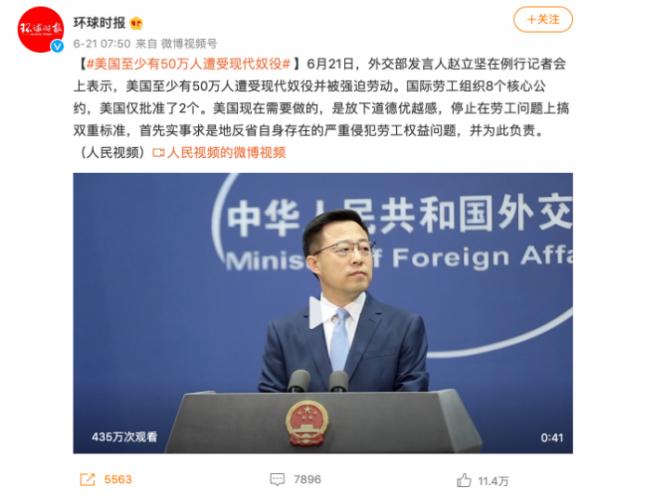A scientist says he's found 13 Wuhan coronavirus sequences that were deleted from a US database - and claims they're a 'goldmine' for research into the virus' origins
A Seattle researcher said he's uncovered previously deleted data on coronavirus sequences from Wuhan, China.
The sequences were a "gold mine" for scientists researching the virus' origins, he said.
The data was initially uploaded to a US database by Chinese scientists before being deleted.
A researcher in Seattle claims he's discovered 13 partial coronavirus sequences from samples collected in Wuhan, China, that were deleted from a US database last year.
The discovery could mean scientists researching the origins of the pandemic have been working with incomplete data, he said.
Dr. Jesse Bloom, a researcher at the Fred Hutchinson Cancer Center in Seattle, said Tuesday that he had recovered the deleted files from Google Cloud, and had reconstructed partial sequences of 13 viruses. He said they came from samples taken at the early stages of pandemic in Wuhan, where scientists first discovered SARS-CoV-2, the novel coronavirus that causes COVID-19.
The data initially came from a study by Wuhan University scientists, he said.
Bloom said his findings suggested the coronavirus was already circulating in Wuhan before being linked to COVID-19 outbreaks at the Huanan Seafood Market. They also suggested the sequences used in most studies into the virus' origins, including the joint WHO-China report, "are not fully representative of the viruses actually present in Wuhan at that time," he said.
Throughout the pandemic, Bloom has called for more research into the origins of the pandemic. But he told CNN that the new sequences alone didn't provide any further evidence about whether the virus spread naturally from animals to humans or was, as some claim, the result of a laboratory leak.
Bloom said that the samples, from early outpatients in Wuhan, were a "gold mine" for scientists wanting to understand the spread of the virus.
Bloom's findings, published in a paper, haven't been peer-reviewed by experts.
Bloom said that there was "no plausible scientific reason" for the sequences being deleted from the US National Institutes of Health (NIH) database. The NIH said that it had removed the sequences in June 2020 at the request of the person that added them to the database, and said that allowing this was standard practice, CNN reported.
Prof David Robertson, an expert on viruses at the University of Glasgow, said in a statement that it was difficult to "conclude this is a cover-up rather than a more mundane deletion of data," based on Bloom's paper. "We also know already that the Huanan market wasn't the sole spillover event and SARS-CoV-2 was probably circulating in late October/November," he said.
Prof Martin Hibberd, of the London School of Hygiene & Tropical Medicine, said in a statement: "More work would need to be done to know how solid these findings are, particularly the accuracy and reasons for the sequence deletions, but it does look intriguing."
Bloom said that he was reviewing genetic data when he discovered a March 2020 study about 241 genetic virus sequences collected by scientists at Wuhan University. He said he couldn't find the research online publicly, but was able to access 13 sequences via Google Cloud.
Additional reporting from Dr. Catherine Schuster-Bruce







